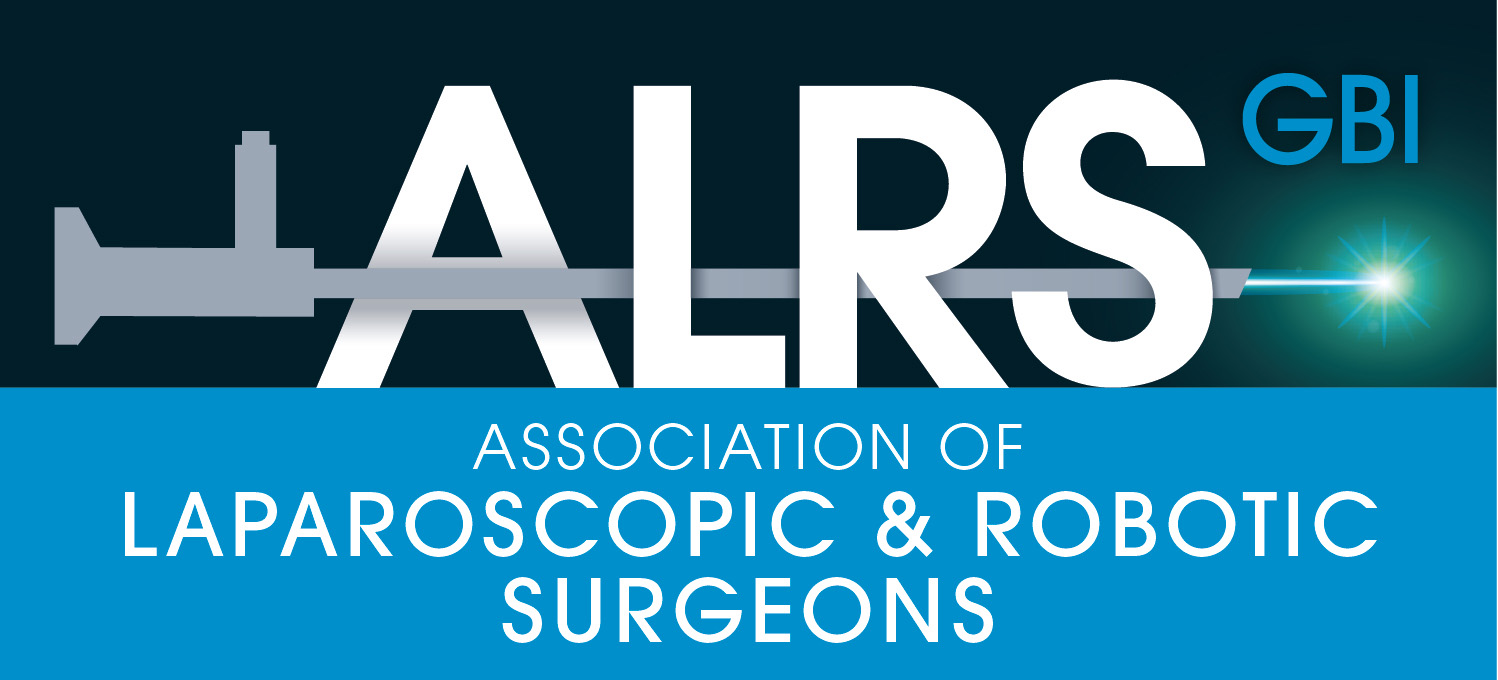|
||||||||||||||||||||||||||||||||||||||||||||||
|
||||||||||||||||||||||||||||||||||||||||||||||
 |
||||||||||||||||||||||||||||||||||||||||||||||
|
||||||||||||||||||||||||||||||||||||||||||||||
|
||||||||||||||||||||||||||||||||||||||||||||||
|
||||||||||||||||||||||||||||||||||||||||||||||
|
||||||||||||||||||||||||||||||||||||||||||||||
|
||||||||||||||||||||||||||||||||||||||||||||||
 |
||||||||||||||||||||||||||||||||||||||||||||||
ALRSGBI @ The Royal College of Surgeons of England, 38-43 Lincoln's Inn Fields, London, WC2A 3PE
ALRSGBI
The UK & Ireland’s Premier Professional Association in the field of Laparoscopic Surgery

Next Upcoming Event ⇢ May 12th, 2026
ASGBI International Surgical Congress, Brighton – 12th to 14th May 2026
Council Matters & General Enquiries:
+44 (0)7973 232038 jtreglohan@alrsgbi.org
Industry, Exhibition & Finance Enquiries:
+44 (0)7854 858714 swilliams@alrsgbi.org
+44 (0)7973 232038 jtreglohan@alrsgbi.org
Industry, Exhibition & Finance Enquiries:
+44 (0)7854 858714 swilliams@alrsgbi.org
- Home
- About
- Academy
- About Us
- Academy Report 2022
- Collaborative Research
- Contact
- Digital Education & Training Videos
- Early Years and Undergraduate Training
- Fellowships
- LapPass ®
- Minimal Access Surgery & Robotic Training
- Podcasts
- Social Media & Communication
- Support Us Focus Group
- Surgical Education & Preparation for Training
- Webinar Library
- Events
- Courses
- Resources
- ALSGBI Syllabus
- Bariatric Database
- COSECSA
- Health & Wellbeing
- IAGES
- Journal Reviews
- National Hiatal Surgery Register
- Newsletters
- Podcasts
- QMUL Medical Student Membership – extension
- Robotic Driving Licence & Robotic Basic Skills Resources
- Robotic Skills Manual (Da Vinci systems)
- SLAMADS
- Sources of Support
- Upcoming RCSEd Webinars
- Useful Links
- Videos – Industry & Training (members only)
- Webinar Library (members only)
- Trainees
- ALTS
- Patient Information
- Contact








